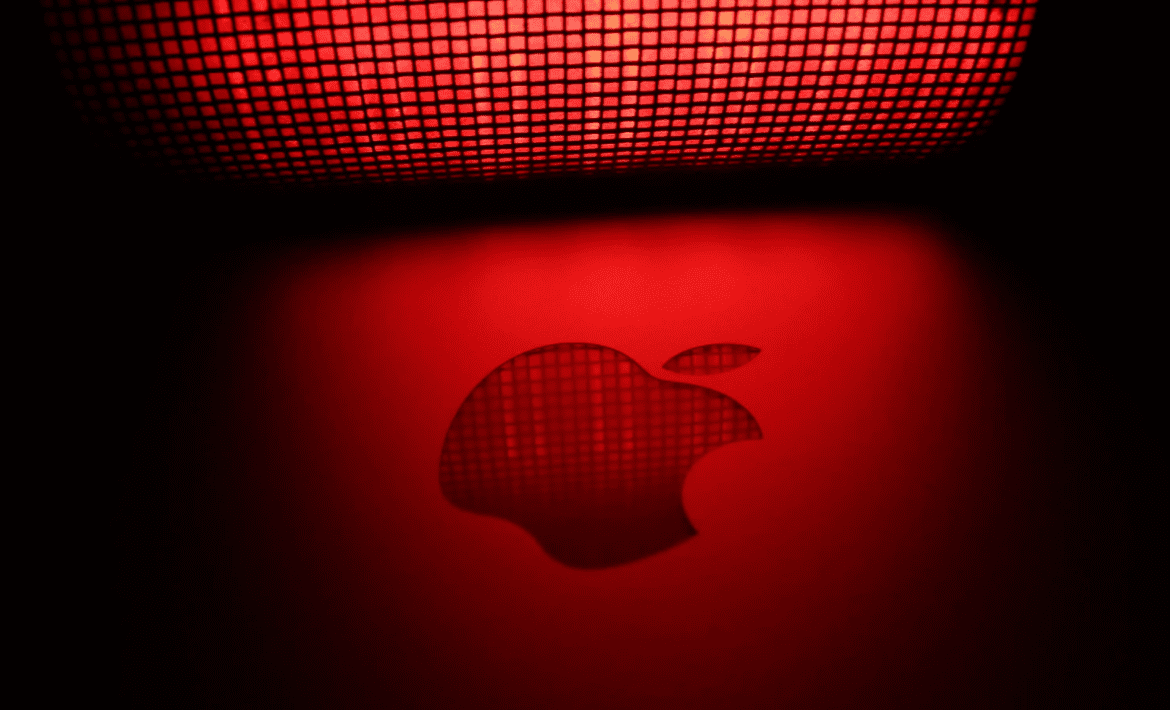The European Commission has initiated proceedings to ensure Apple complies with the Digital Markets Act by providing free interoperability to third-party developers for its iOS and iPadOS platforms.
The European Commission has launched two specification proceedings to ensure that Apple meets its obligations under the Digital Markets Act (DMA). As a “gatekeeper” under the DMA, Apple is required to provide free and effective interoperability to third-party developers and businesses in relation to its hardware and software features, which are controlled by its operating systems iOS and iPadOS.
The DMA requires gatekeepers like Apple to provide third-party developers access to key iOS and iPadOS features to promote innovation and fair competition in digital markets.
The DMA is a comprehensive framework aimed at regulating major digital platforms that hold significant market power. These platforms, known as gatekeepers, are obligated to follow rules designed to ensure fair competition and prevent anti-competitive practices. Among the key obligations outlined in the DMA is the requirement for gatekeepers to facilitate interoperability between their proprietary technologies and third-party products or services. For Apple, this means providing third-party developers and businesses access to critical hardware and software features within its iOS and iPadOS ecosystems. This access is intended to foster innovation and enable other companies to create products that can work seamlessly with Apple’s devices, ensuring fair competition in digital markets.
The European Commission’s specification proceedings aim to clarify Apple’s compliance with Article 6(7) of the DMA, which mandates unrestricted user access to different software and services on gatekeeper platforms.
The specification proceedings initiated by the European Commission aim to formalise the regulatory dialogue with Apple and clarify how the company must comply with specific elements of Article 6(7) of the DMA, which addresses interoperability obligations.According to Article 6(7) of the DMA, “The gatekeeper shall not restrict technically or otherwise the ability of end users to switch between, and subscribe to, different software applications and services that are accessed using the core platform services of the gatekeeper, including as regards the choice of Internet access services for end users.” According to Article 8(2), the Commission can specify the measures that a gatekeeper must implement to meet these obligations effectively.
The first proceeding focuses on ensuring Apple provides interoperability for iOS connectivity features, enabling seamless integration of connected devices like smartwatches and headphones.
The first of the two proceedings initiated by the European Commission focuses on iOS connectivity features and functionalities that are primarily used by connected devices. These connected devices include a wide range of commercially significant products such as smartwatches, headphones, and virtual reality headsets. For companies that produce these products, seamless integration with iOS is essential to ensuring full functionality and providing consumers with a cohesive experience. The European Commission is set to clarify how Apple will provide interoperability for crucial features such as notifications, device pairing, and connectivity. These features are fundamental to enabling connected devices to work smoothly with Apple’s operating systems, and effective interoperability is critical for the success of these devices in the market.
The second proceeding focuses on ensuring Apple’s interoperability request process is transparent, fair, and timely to promote innovation, competition, and consumer choice.
The second proceeding addresses the process that Apple has implemented for handling interoperability requests from developers and third-party businesses for iOS and iPadOS. Ensuring that this process is transparent, fair, and timely is crucial for fostering innovation and allowing developers to build on Apple’s platforms without undue obstacles. A transparent and efficient process will give developers a predictable path to ensure their products are compatible with Apple’s hardware and software. This not only helps developers but also encourages a broader range of products that can integrate with Apple’s ecosystem, benefiting consumers through increased choice and competition.
The Commission’s proceedings aim to ensure Apple’s compliance with the DMA, potentially setting important precedents for regulating tech giants and promoting competition in digital markets.
The Commission’s proceedings are a key step in ensuring that Apple meets its obligations under the DMA. If necessary, the Commission may adopt a formal decision specifying the measures Apple must implement to guarantee effective compliance. As these proceedings progress, the outcome will likely set important precedents for how other tech giants must comply with the DMA’s interoperability and fairness requirements. In the broader context, these proceedings highlight the European Union’s determination to regulate large digital platforms and promote competition in digital markets, creating an ecosystem where innovation can thrive and consumers have access to a wider variety of products and services.








